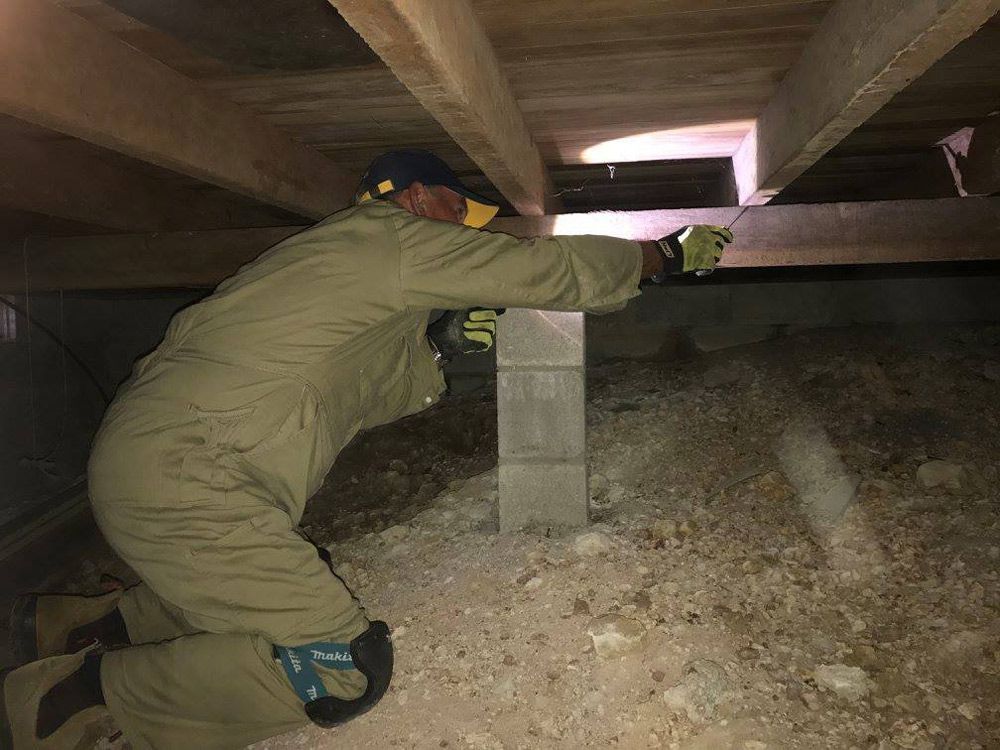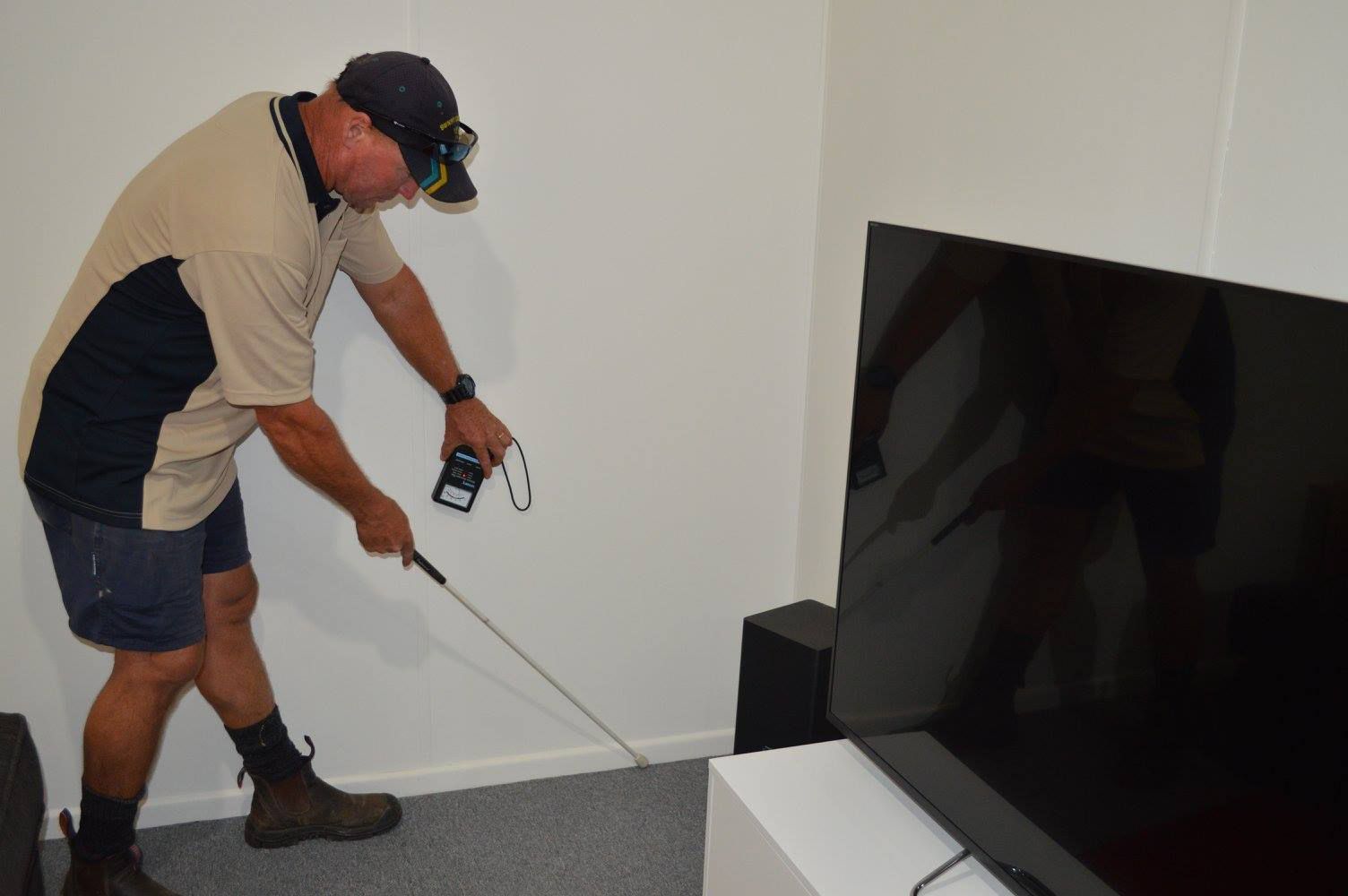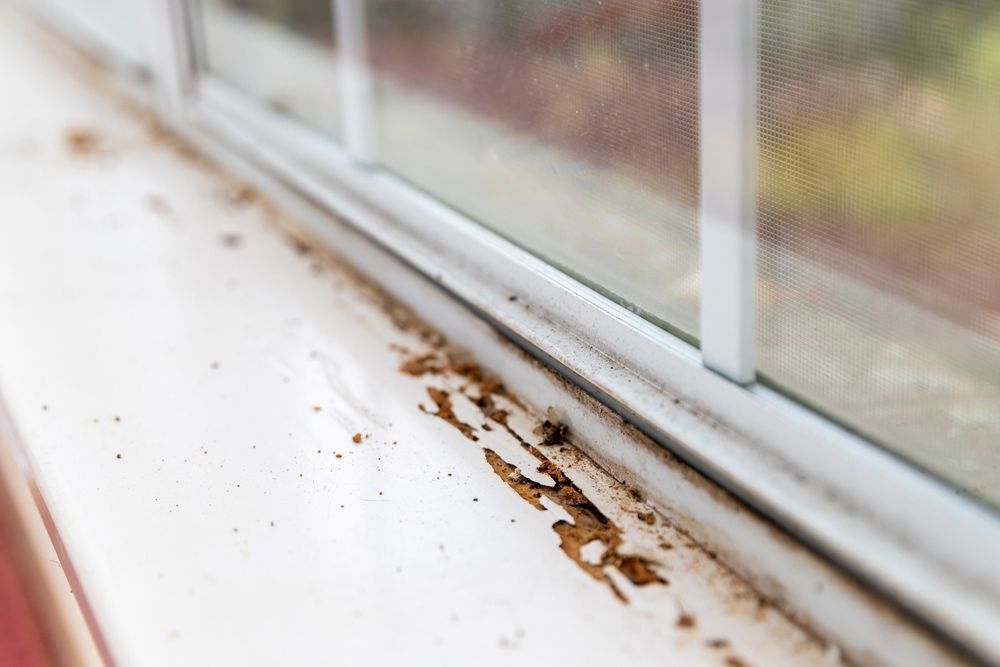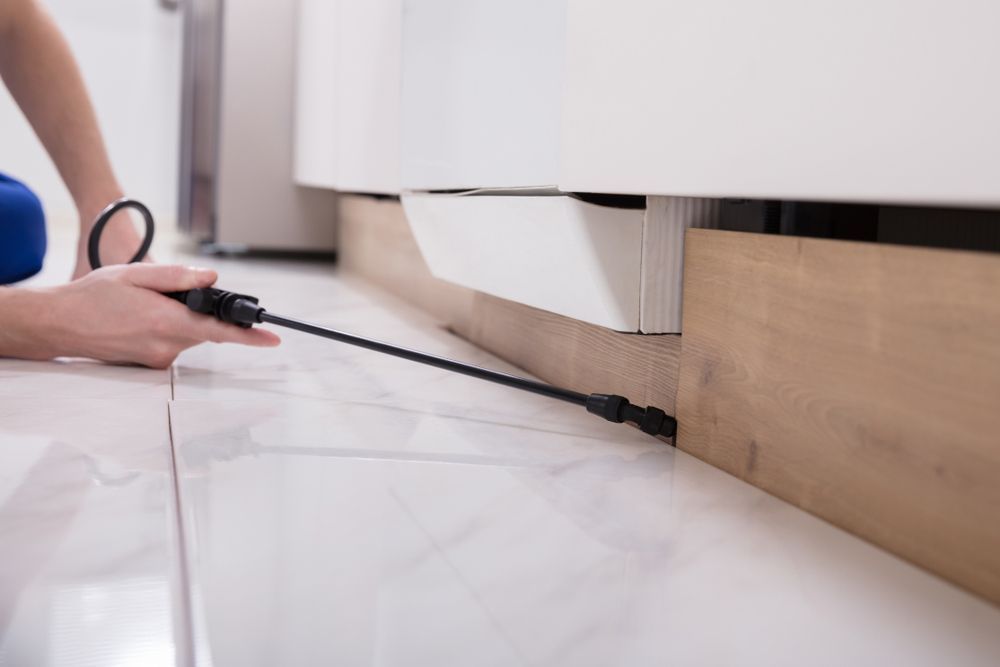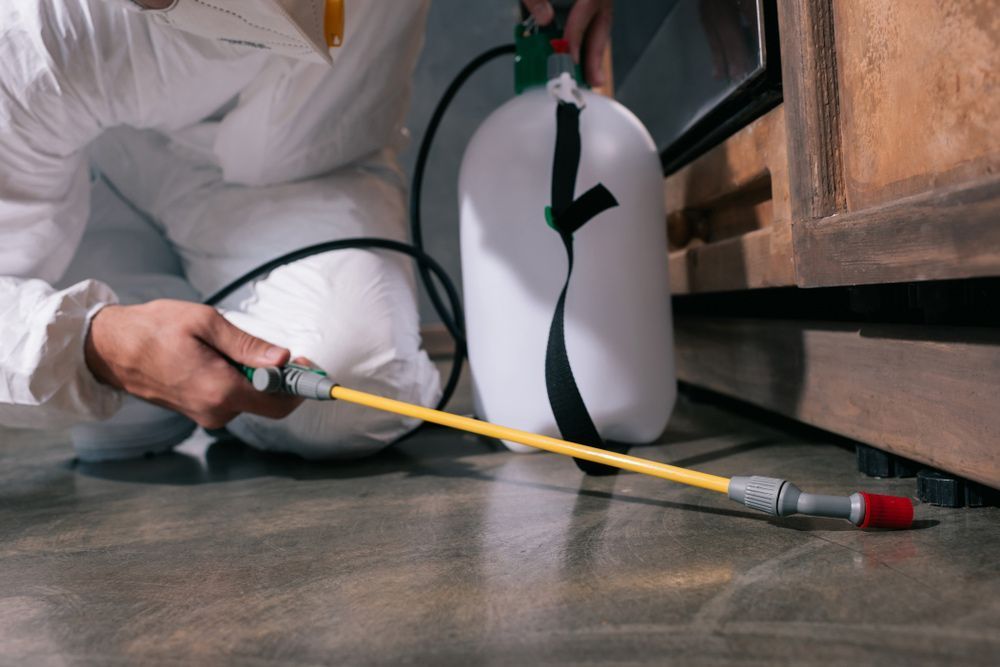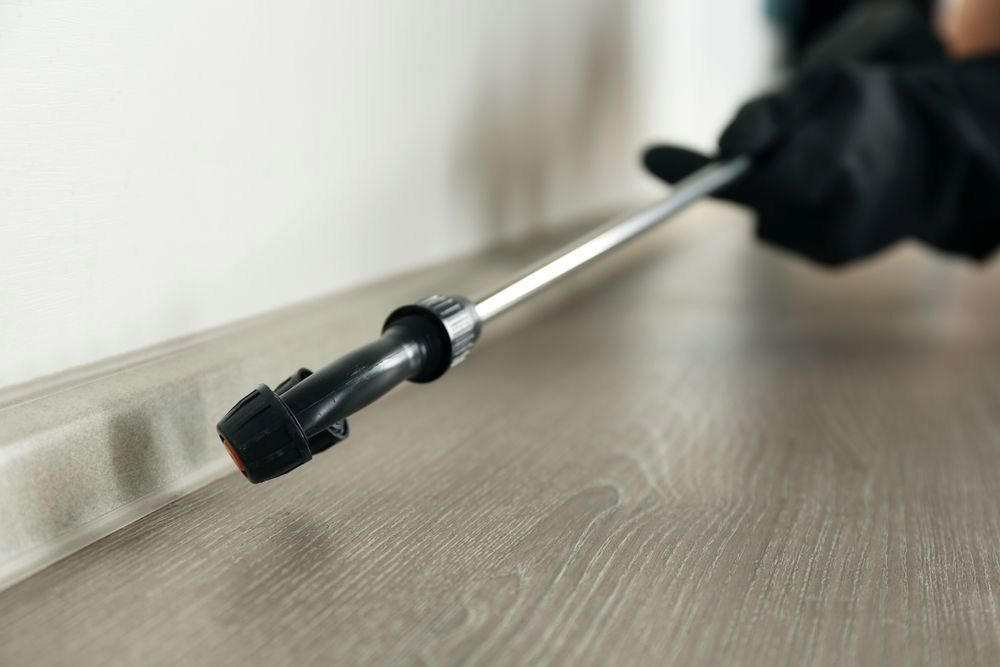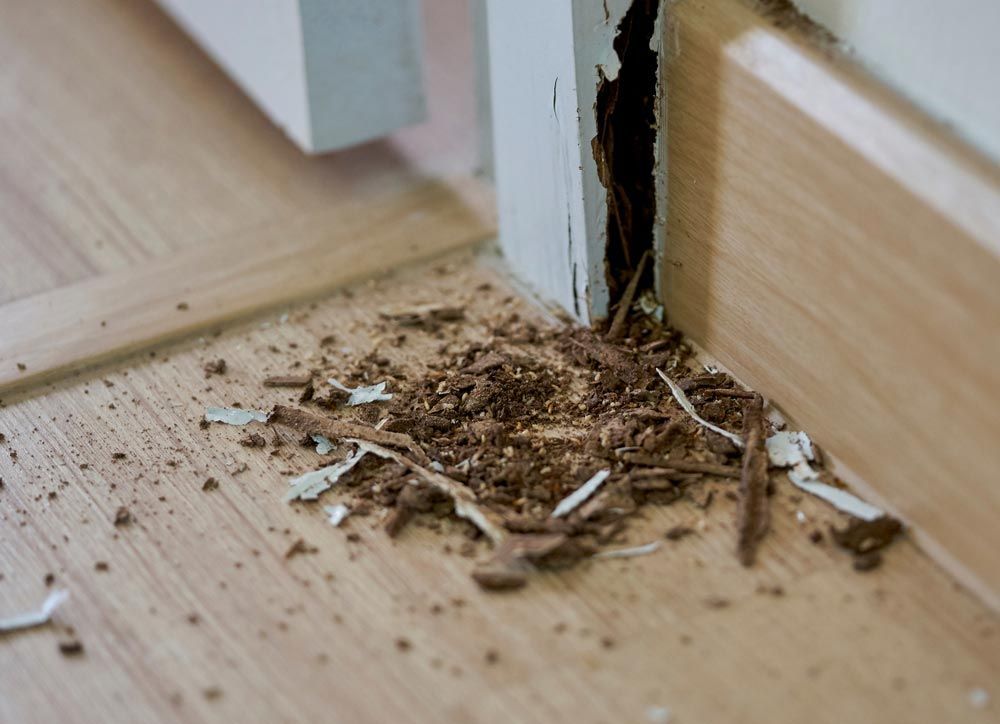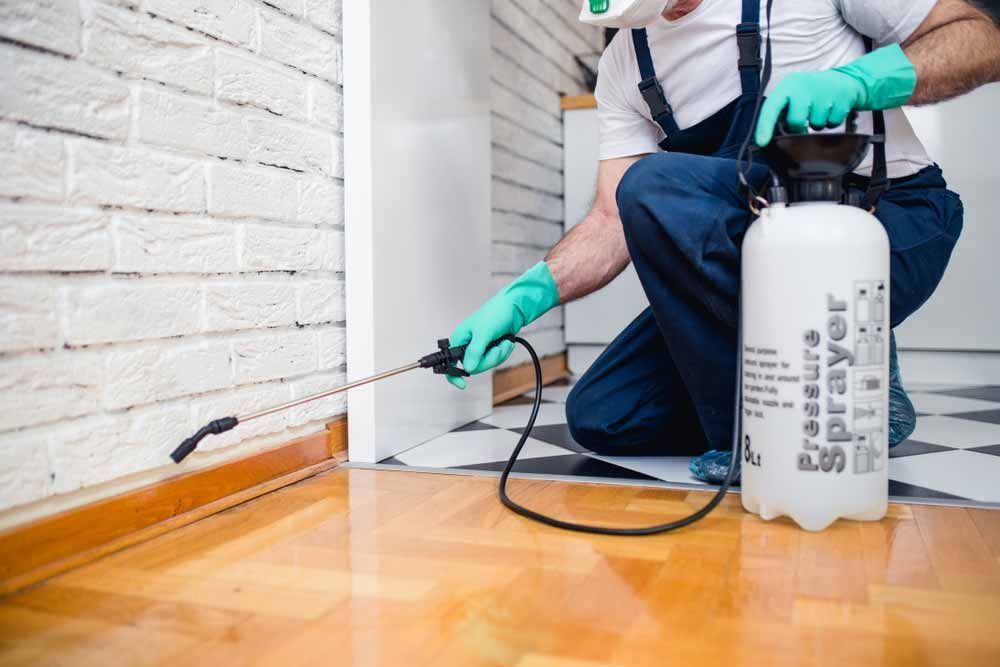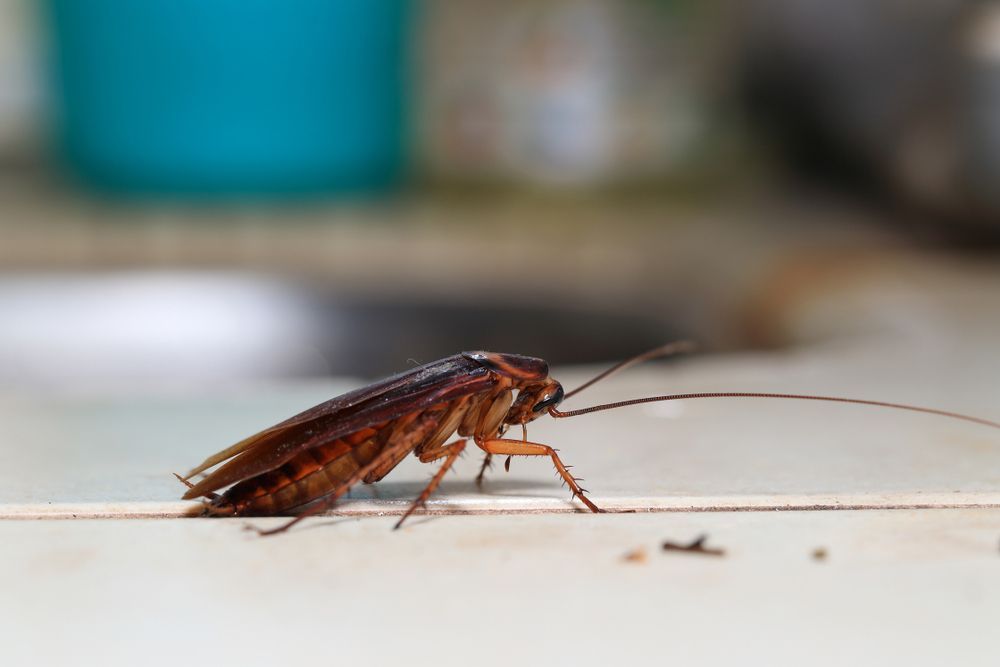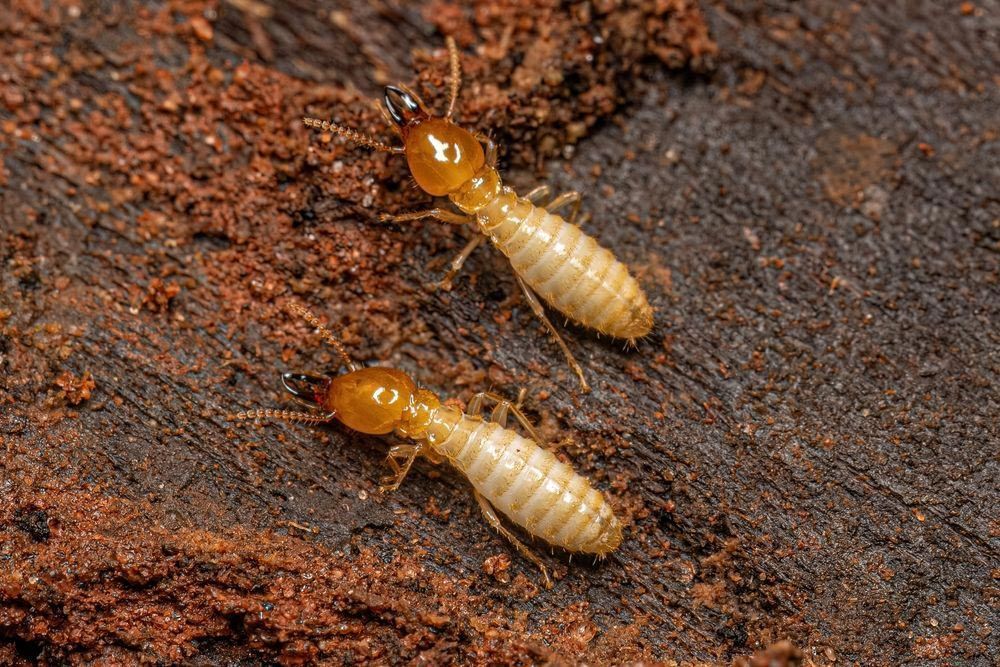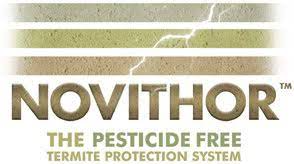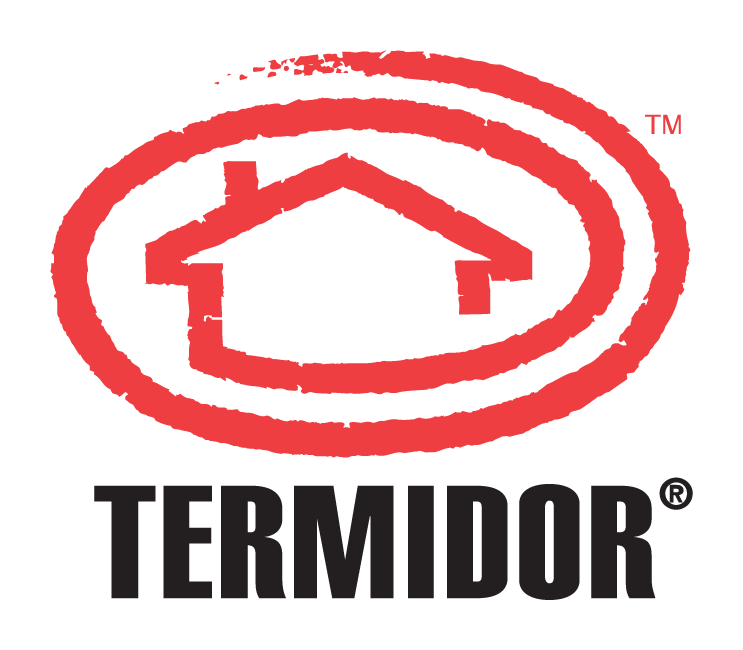What Are The Termite Barriers For Existing Homes
Termites can cause significant damage to existing homes, making them a serious problem for many homeowners. One of the best ways to prevent termite infestation is by installing termite barriers. In this blog, we’ll enumerate the different types of termite barriers available for existing homes, how they work and common signs of termites to help you safeguard your property.
Termite Barriers
How Do Termite Barriers Work?
Common Signs Of Termites
- Mud tubes: Termites build mud tubes to protect themselves from predators and to maintain a moist environment. These tubes can be found on the exterior walls of the house, near the foundation.
- Wood damage: Termites feed on wood and their feeding can cause substantial damage to the house's structure. Look for areas of the house where the wood sounds hollow when tapped or where it appears to be damaged.
- Swarming: During the spring, termites will swarm to find new colonies. If you see a large number of winged insects around your house, it could be a sign of a termite infestation.
- Droppings:
Termites produce droppings that resemble sawdust. If you see piles of these droppings around your house, it could be an indication of a termite infestation.
It's essential to take preventive measures now to avoid termite infestations. Installing termite barriers is one of the best ways to safeguard your property against these pests. You should also keep an eye out for common signs of termites to detect an infestation early and avoid significant damage to your home. If you suspect a termite infestation, contact a pest control professional to evaluate the situation and recommend appropriate treatment options.

